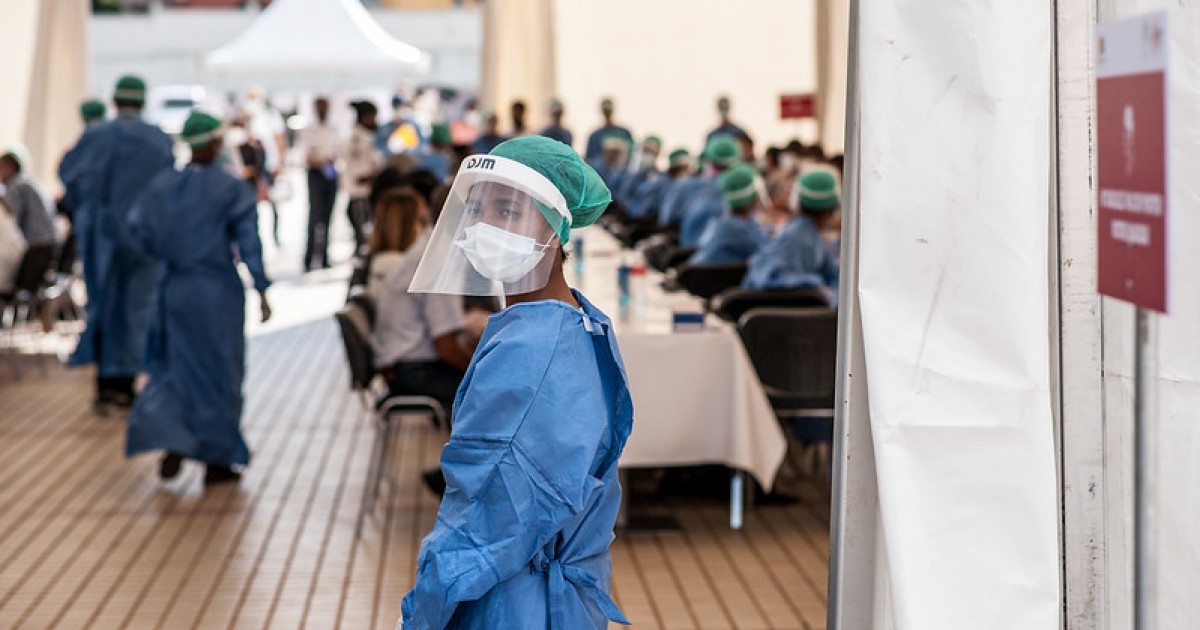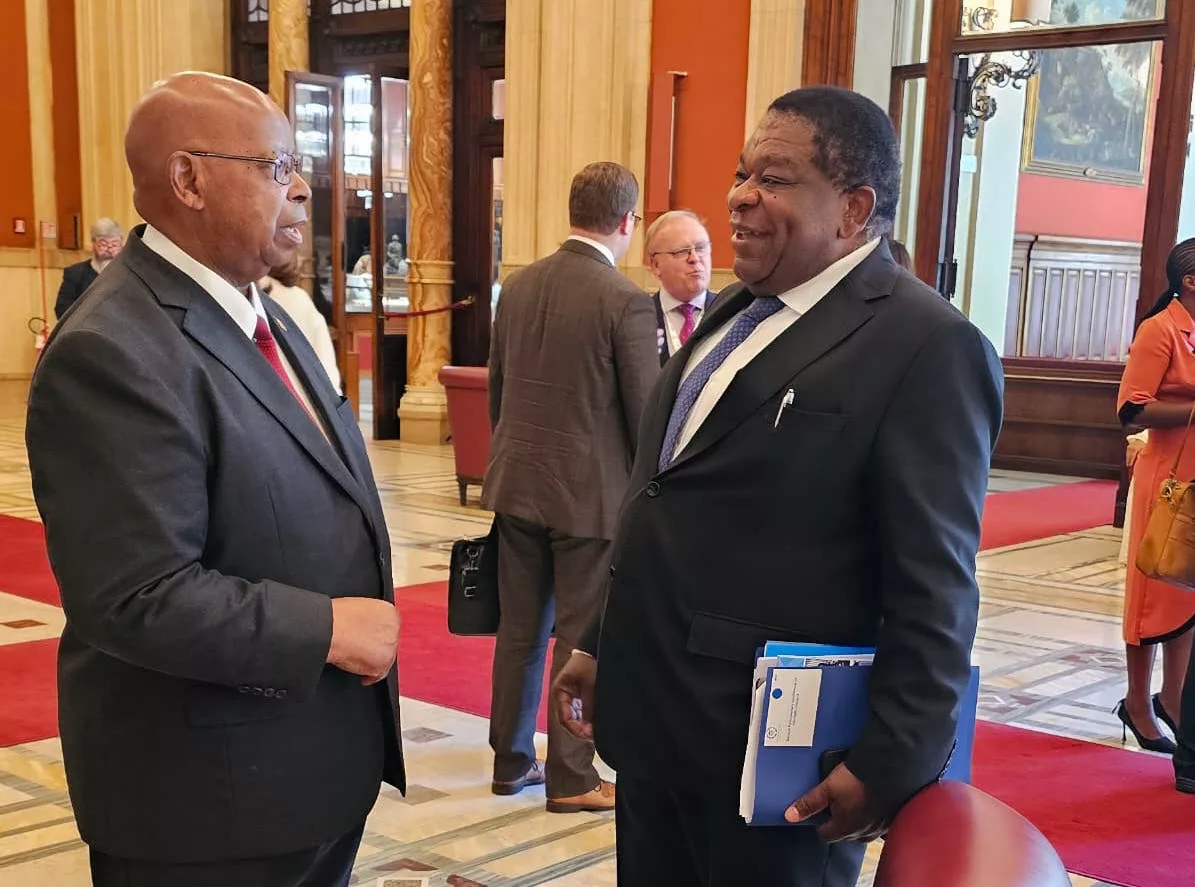By Joyce Mukucha
As the world grapples with unprecedented challenges posed by the COVID-19 pandemic, young people are demonstrating their continued support, leadership, and care in their communities and countries.
According to a new UN plan to address COVID-19, young people are some of the most affected populace by the pandemic’s socio-economic impacts. Nevertheless, youths are also among the most active in global responses.
In Zimbabwe, such challenges during this pandemic crisis include and are not limited to child abuse, bullying, or sexual violence which trigger feelings of isolation, depression, drug abuse, anxiety, and other emotional or financial stresses that are even increasing the risk for suicidal thoughts amongst young people.
With an aim to provide insights into their daily lives, struggles, and coping strategies during these challenging times, Spiked Online Media conducted some interviews with different young people from different suburbs in and outside Harare and most young people revealed that isolated from their support systems, young people were turning to negative coping mechanisms.
Trying to curb this, young people who spoke to this publication highlighted that that they were striving to bring a positive impact in communities through providing stability and support to those who are overwhelmed with stress that is connected to traumatic situations posed by Covid-19.
They indicated that as young people, they were taking advantage of the Internet to protect each other against suicidal thoughts and behaviors reaching out to others online, through social media, video chat, or by phone.
In an interview, Arnold Muyanga who stays in Glenview, said as the global crisis of Covid-19 and lockdown continue to negatively impact people’s lives, it was exacerbating the already existing challenges, vulnerabilities, and inequalities to young people in different societies and youths in his community were taking huge strides to curb this.
“As a way of trying to step up and take action against the outbreak’ impacts, as young people we are extending support to each other. So we have come up with an idea of virtual engagements meant to promote awareness and encourage a commitment to social change.
“Isolated from their support systems, young people are turning to negative coping mechanisms such as alcohol and drug abuse and suicide. Here in Glenview my friends and I noticed that issues of drug abuse and suicidal thoughts were rapidly increasing. So we came up with an idea of trying our best to virtually bring youths in our community together so we created a Facebook page and a WhatsApp chat group where we share ideas on how we can cope during these hard times other than committing suicide or abuse drugs,” he said.
According to a document titled ‘ Compact for Young People in Humanitarian Crisis by UNFPA, UNDP, UN Women, UNICEF among other organisations, the impacts of COVID-19 are, and will continue to be felt most harshly by young people already living in difficult and or disadvantaged circumstances.
“Owing to lockdown measures, young people have limited access to positive coping mechanisms such as social initiatives, community service, formal or non-formal education, sports or other types of physical activity, among other activities.
“Isolated from their support systems, young people may turn to negative coping mechanisms such as alcohol and drug abuse, self-harm, or other harmful behaviors. The need for adolescent and youth-sensitive mental health and psychosocial services and counselling will increase as the pandemic progresses,”reads the document.
In Harare, Bindura, Marondera, Norton and other towns, the online engagements by young people are ongoing and these include; young women’s caucus meetings on WhatsApp, a dialogue that brought young women together sharing the challenges they are facing during the lockdown period and providing solutions to deal with difficulties.
A 26 year old Georgina Mutire who resides in Highfield said they had a WhatsApp group aimed at advancing health and safety in their roles as researchers, activists, innovators, and communicators.
She pointed out that adolescent girls and young women who already suffer from gender-based inequalities and deprivations, and are at heightened risk of experiencing gender-based violence and increased care burdens during lockdown thus they were striving to extend support to one another.
“We believe that during these difficult times, it is critical for us as young people to become decision-makers and commit to ensuring youth voices are part of the solutions for a healthier, safer, and gender-equal world. That is why we are spearheading online discussions with my fellow youth in Highfield via a WhatsApp group chat called ‘ We can make it as Youngsters,’ ” she said.
Another 27-year-old Mufakose male who identified himself as Billy said, “Having access to in-person or virtual counseling or therapy can help someone to rub off suicidal thoughts and behavior, particularly during a crisis like the COVID-19 pandemic. “Suicide and drug abuse are serious public health problems that can have lasting harmful effects on individuals, families, and communities. Therefore we are joining hands as colleagues to try and provide support to one another in as much as avoiding such activities is concerned.”
“During these trying times, sexual, physical, emotional, psychological abuse is rapidly increasing especially amongst youths and because of lack of support, others end up thinking that ending their lives and drug taking is the only solution. So we have a WhatsApp group and our goal of our is aimed at preventing suicide, drug abuse and other negative activities that maybe caused by the lockdown period. We strive to reduce factors that increase vulnerabilities and we are driven by the motive to increase factors that promote resilience,” a Glen Norah based girl said.
According to UN organisations researches, youth living with HIV may be at heightened risk due to weakened immune systems and disruptions of their treatment regimens, while deprivations caused by the COVID-19 virus may increase the risk of HIV transmission, especially for girls.
In line with this, young people in Zimbabwe are also forming online groups in their communities aimed at encouraging those suffering from chronic diseases not to lose hope and keep religiously adhering to their medication despite challenges posed by the Covid-19 epidemic.
Young people with disabilities, it has been revealed also, may be disproportionately affected by the pandemic’s effects, and Zimbabwean youths are also joining hands in their communities providing social services and support, including personal assistance to this needy group.
In September last year, My Age Zimbabwe Trust in partnership with the Youth Empowerment and Transformation Trust managed to do field visits in the rural wards of Masvingo District with stakeholders such as the Ministry of youth, Sports arts and recreation, and the District Administrator.
Through the Youth Engage project, My Age Zimbabwe Trust has managed to conduct online engagements with young people helping them understand their role and how important they are in the fight against the pandemic.
“The District Administrator’s office is the leading body in the provincial COVID-19 task force and we managed to capacitate young people concerning the structures of the task force and the role which they play in the community as citizens in fighting the Covid-19 pandemic,” My Age Zimbabwe revealed.
Around the globe, young people are also making concerted effort to ensure that they positively contribute to their communities during these grave times.
For instance,young artists from Goma, in the Democratic Republic of the Congo, are mobilizing to protect their city and educate young people about COVID-19 through this music video.
War Child Holland in South Sudan collaborated with the local artist Check-B Magic to produce the music video in Juba/Arabic on COVID-19.
On the other hand, UNDP Chad and the artist Salma Khalid have produced a comic strip with a story of a Chadian family during the COVID-19 pandemic to raise awareness about COVID-19 prevention and response.
UNFPA is also working with the technology platform Prezi and the youth networks International Federation of Medical Students Associations, UN Major Group for Children and Youth, Restless Development, the IFRC, and War Child Holland to develop and disseminate video templates that young people can recreate in their own languages to communicate about COVID-19.
For ActionAid, youth partner in Ghana, Activista, has designed clear and concise messaging targeting people living with disabilities, to spread awareness on physical distancing.
WHO has partnered with Facebook and WhatsApp to deliver daily updates on the COVID-19 pandemic and address commonly asked questions.
The Office of the Secretary General’s Envoy on Youth is working within the UN system to streamline communication efforts on COVID-19 and make them accessible to young audiences.
UNICEF has developed a youth-friendly toolkit to spread awareness of COVID-19. UNICEF and Viet Nam has partnered with major pop icons to develop viral handwashing videos.






